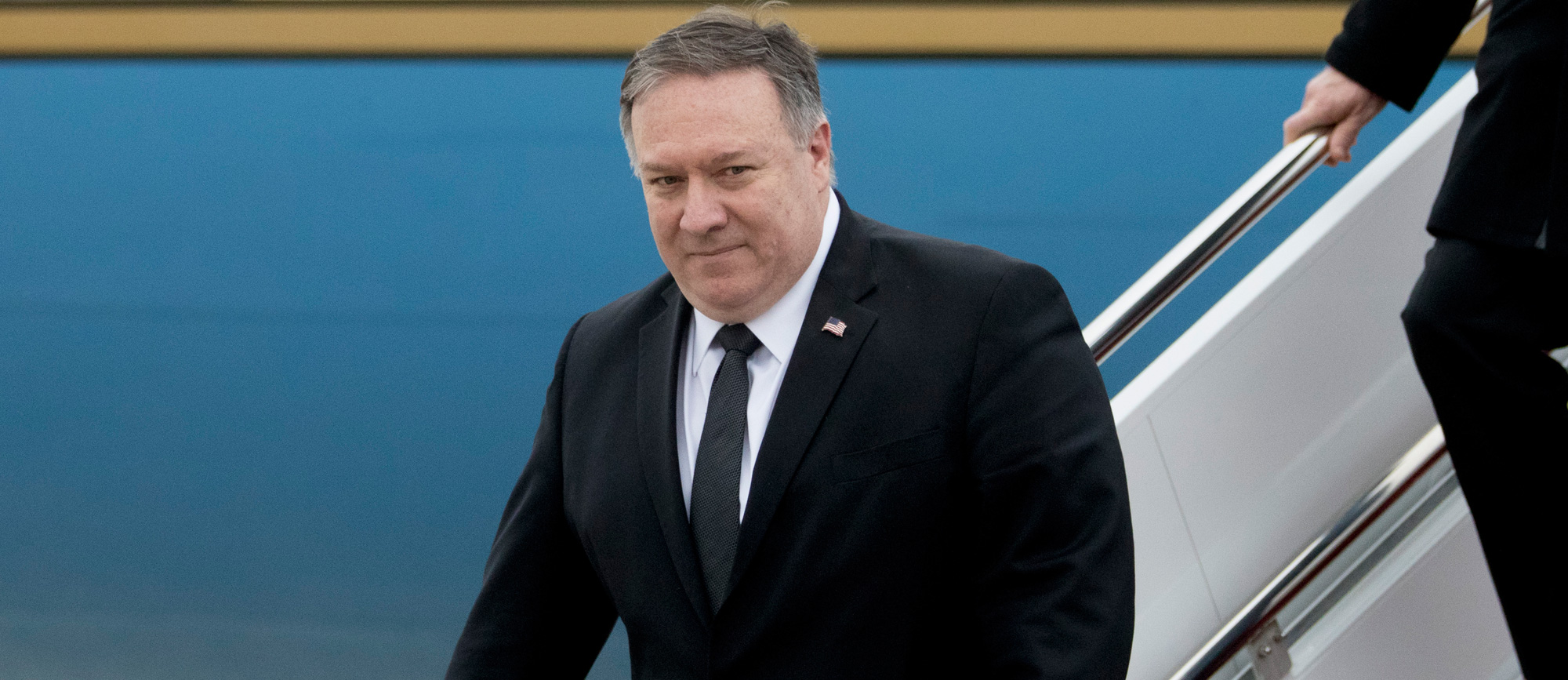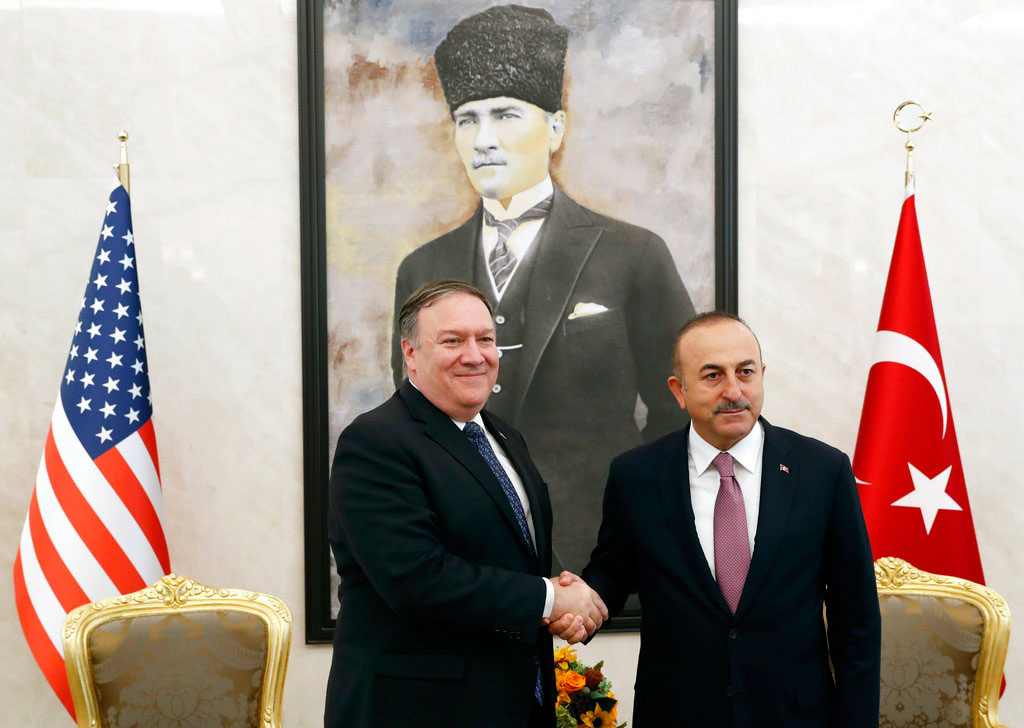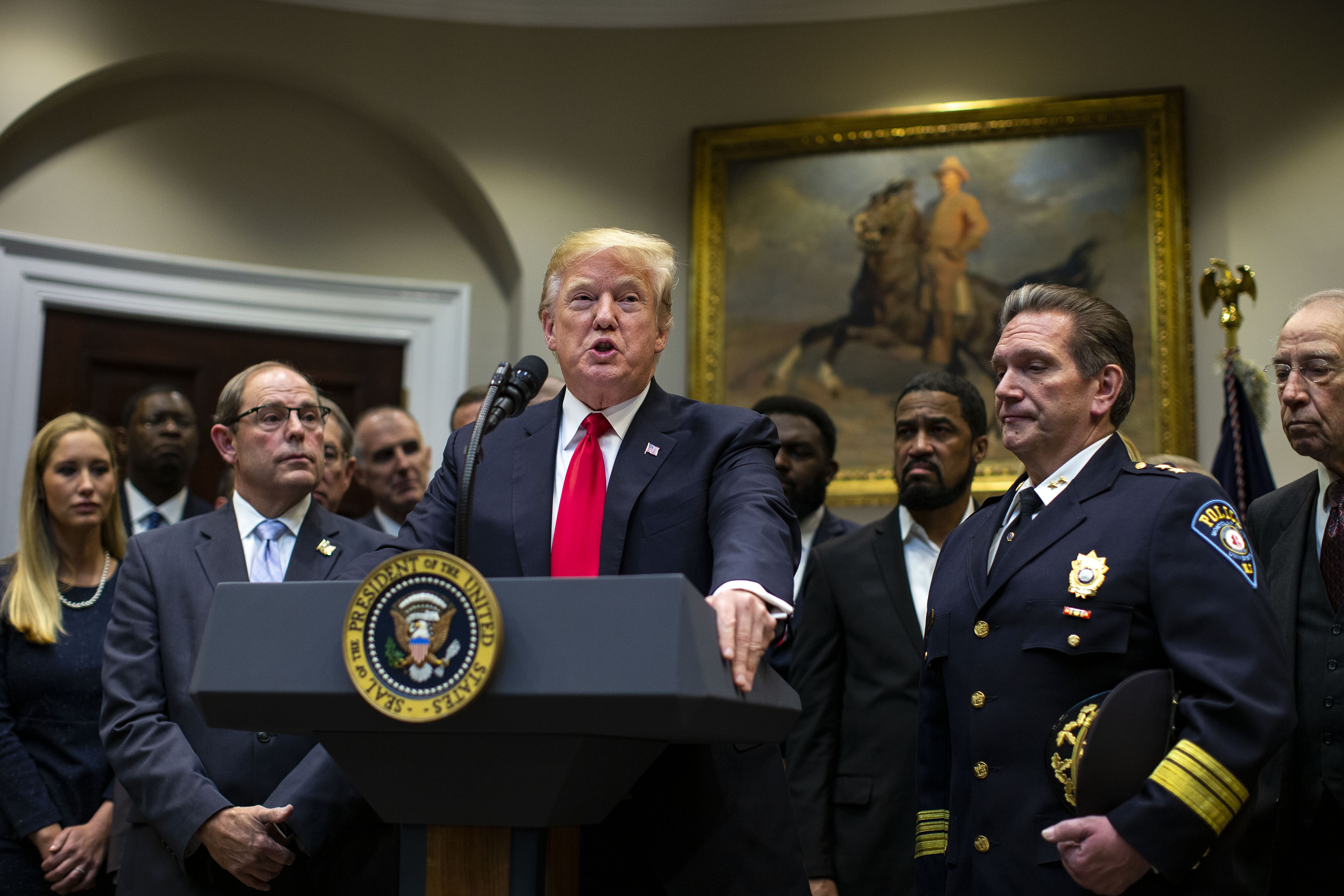“Where America retreats, chaos follows,” said the secretary of state of the United States of America, Mike Pompeo, in Cairo recently. It’s not the sort of remark you’d expect from an American diplomat only weeks after the president, Donald Trump, declared that US troops were pulling out of Syria. Is it possible that behind Pompeo’s severe and even pompous exterior there lurks a secret ironist?
Probably not. Pompeo truly believes (like many American evangelical Christians) that the US is engaged in a struggle of good against evil in the Middle East. He may just be angry at Trump, in a passive-aggressive way, for abandoning Syria to the (evil) Iranian and Russian forces that back the Syrian dictator, Bashar al-Assad. At any rate, Pompeo is right about the chaos that will follow, but it would be wrong to blame it all on Trump. Turkey’s president, Recep Tayyip Erdogan, is much better informed than the American president and probably a lot smarter too, but he is just as impulsive, just as ruthless, just as much a bringer of chaos.
It was Erdogan who persuaded Trump that pulling all the US troops out of Syria would be a good idea. Turkey would be happy to take the strain instead. Trump has always opposed America’s endless Middle Eastern wars, so he swallowed Erdogan’s suggestion hook, line and sinker — and tweeted his decision to pull the US troops out without discussing it with anybody. Only later did the remaining grown-ups in the White House explain to him that Erdogan planned to subjugate or kill America’s main allies in Syria, the Kurds.
To his credit, Trump hated the idea of betraying the Syrian Kurds, whose militia, the People’s Protection Units, or YPG, suffered thousands of deaths while helping US forces defeat the jihadis of Islamic State. Trump still wanted to bring US troops home, but now he had one condition. The Turks must promise not to invade northeastern Syria and crush the YPG as soon as the US troops leave. Erdogan replied that nothing Trump said or did could stop him from destroying these Kurdish ‘terrorists’ (who have never attacked Turkey). At which point Trump tweeted that the US “will devastate Turkey economically if they hit Kurds”.
You’d never guess, from the story thus far, that Turkey and the US have been close allies for half a century, but the alliance is fading fast. Erdogan has been playing his own hand in the Middle East, and playing it quite badly. He wants to secure his own one-man rule and re-Islamize Turkey, which evolved into a secular, democratic republic over the past 80 years. He also wants to promote Sunni Islam throughout the region. The two goals aren’t fully compatible, so he shifts position a lot.
When the revolt in Syria broke out in 2011, Erdogan supported it because Assad’s regime is dominated by Alawites, a Shia Muslim sect. He kept the border open and let supplies and recruits flow in to the rebels, including even the Islamic State extremists. When Russia intervened militarily to save Assad in 2015, Erdogan was so angry that he even had the Turkish air force shoot down a Russian bomber. But he was almost equally angry with the US, which had made a an alliance with the Kurds of northern Syria to fight against the Islamic State.
The Kurds gradually choked off the aid coming in to the Islamic State from Turkey, and the Islamic State has now lost almost all its territory. So Erdogan told Trump he could bring the US troops home now, and Trump believed him. But what Erdogan actually wants to do is crush the Syrian Kurds, which he can do once the US troops leave. Erdogan thinks the Syrian Kurds are allied with the Turkish Kurds, who make up one-fifth of Turkey’s population, live just across the border from Syria, and are currently at war with Erdogan’s regime. (That’s why he calls them ‘terrorists’.)
Given Erdogan’s ruthlessness and Trump’s volatility, I have no idea how all this works out. Badly, I suspect. But I actually admire Trump’s refusal to betray his allies once he realized what Erdogan was up to. You don’t see that much in the Middle East. Of course, it probably won’t last.













